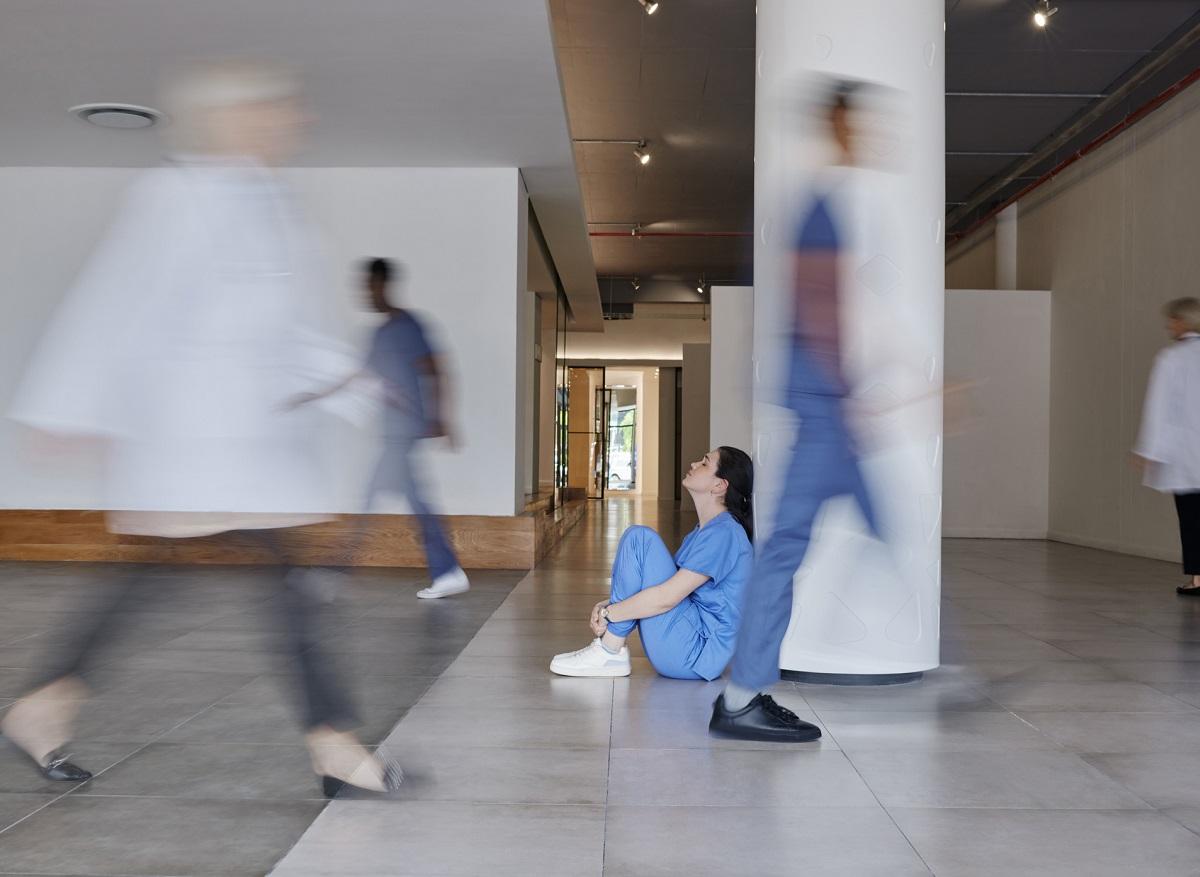According to a BVA survey, patients have become more demanding with their doctors. Requests that often go beyond care and sometimes lead the doctor to burnout.

All the polls attest to it, the French put their doctor on a pedestal. Despite everything, these canonical satisfaction scores conceal specific requirements. To find out what patients concretely expect from their doctor, the association “Words of professionals” which works on suffering at work for doctors asked the GSK laboratory to set up a study on the subject. The BVA polling institute* therefore conducted 29 interviews with patients in Champagne-Ardennes in order to find out how they perceived their attending physician. Young or old, hypochondriacs or distant, loyal or not, all patient profiles were represented.
No more than 15 minutes in the waiting room
In the list of reasons for dissatisfaction, this survey revealed 5 items: the waiting time before the consultation, telephone disturbances, the feeling of distancing, express consultations and diagnostic errors. The waiting time in the waiting room is especially badly lived because “it stigmatizes the symbolism of domination of the attending physician on the patient”, specify the authors of this survey. Beyond a quarter of an hour, spirits heat up. Even if for some, a long wait can be a good point since it suggests a capacity of the doctor to undertake more in-depth consultations, to further investigate the patient’s problem. Patients also complain about “express consultations”, disrupted by phone calls. They claim that the doctor devotes to them, at least, 15 minutes. The latest studies show that the average consultation time with a general practitioner is precisely 16 minutes.
An attending physician reduced to the role of health system switch
Time, availability, but that’s not all. The survey carried out in Champagne-Ardennes clearly shows that patients ask their doctors much more. “With the arrival of the attending physician, the general practitioner is no longer totally sacred”, underline the authors of this work. They expect “transparency, a form of humility and a recognition of its limits”. For some so-called “expert” patients, the role of the general practitioner is even reduced to that of referring to specialists. The desecration of the doctor does not mean that the patients are less demanding. “What is striking is that the requests are bloated. They go well beyond care, ”analyzes Frédéric Bonlarron, psychoanalyst and president of the association“ Paroles de professionnel ”.
Listen to Dr Antoine Demonceaux, general practitioner in Reims: “There is an expectation of everything, immediately. There are certainly a much larger number of patients who are qualified as demanding, even dissatisfied.”
“Patients will empty their bags in a place that is not really dedicated to this,” adds Frédéric Bonlarron. And that’s a trap for doctors who want to answer everything. In the Hippocratic Oath, the doctor is presented as a savior. Even today, he is put on a pedestal and at the same time, his knowledge is constantly questioned ”. A paradox which explains why 40 to 45% of doctors are burned out. And according to a second BVA survey*, carried out with 120 doctors, the doctor-patient relationship would be the second cause of burnout. It comes just behind the workload, cited by 46% of doctors, against 41% for the doctor-patient relationship.
So to prevent the doctor-patient relationship from turning into a nightmare, the authors of this survey conducted in Champagne-Ardennes suggest avenues for work: improve training in listening to doctors, set up a supportive care network in general medicine with psychologists who would allow doctors to refocus on their core business, but also teach patients to manage their priorities.
Listen to Dr Antoine Demonceaux : “To teach patients how to channel their requests, we thought about having patients in the waiting room fill out a form.”
* BVA survey carried out for the association “Words of professionals” with the support of the GSK laboratory
.















